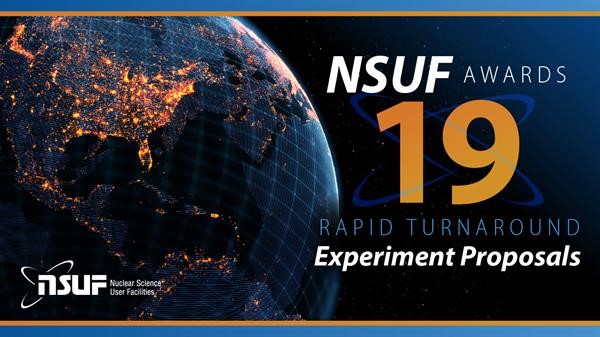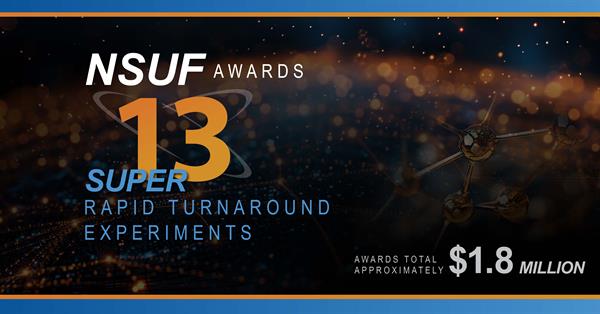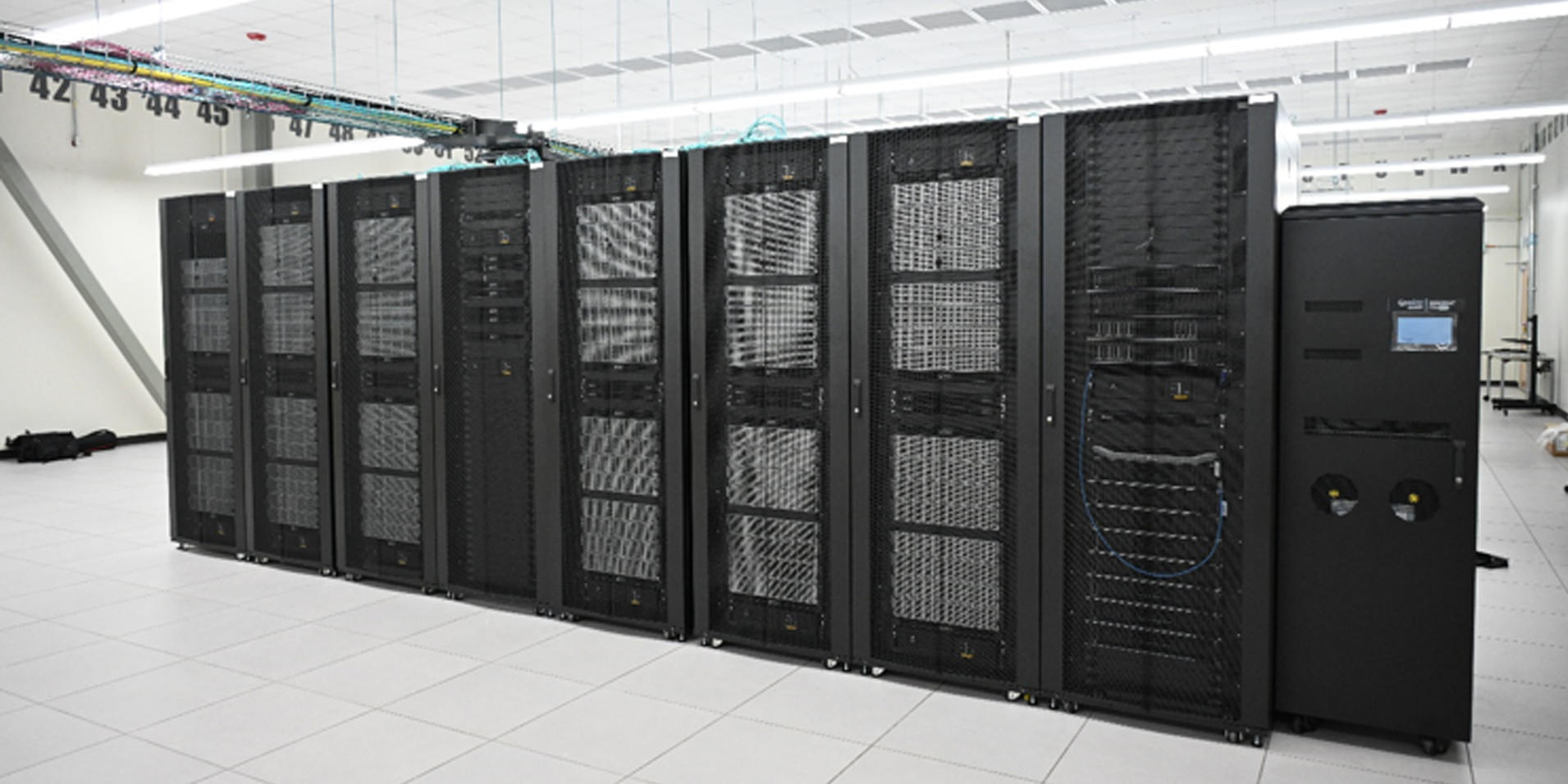NSUF awards 19 Rapid Turnaround Experiments

The Department of Energy’s Office of Nuclear Energy has awarded 19 experimental proposals access to Nuclear Science User Facilities (NSUF) under the 2024 “third call” for Rapid Turnaround Experiment (RTE) projects. In total, the awards are valued at about $1 million and were granted to 19 principal investigators from 11 institutions, including universities and industry researchers.



